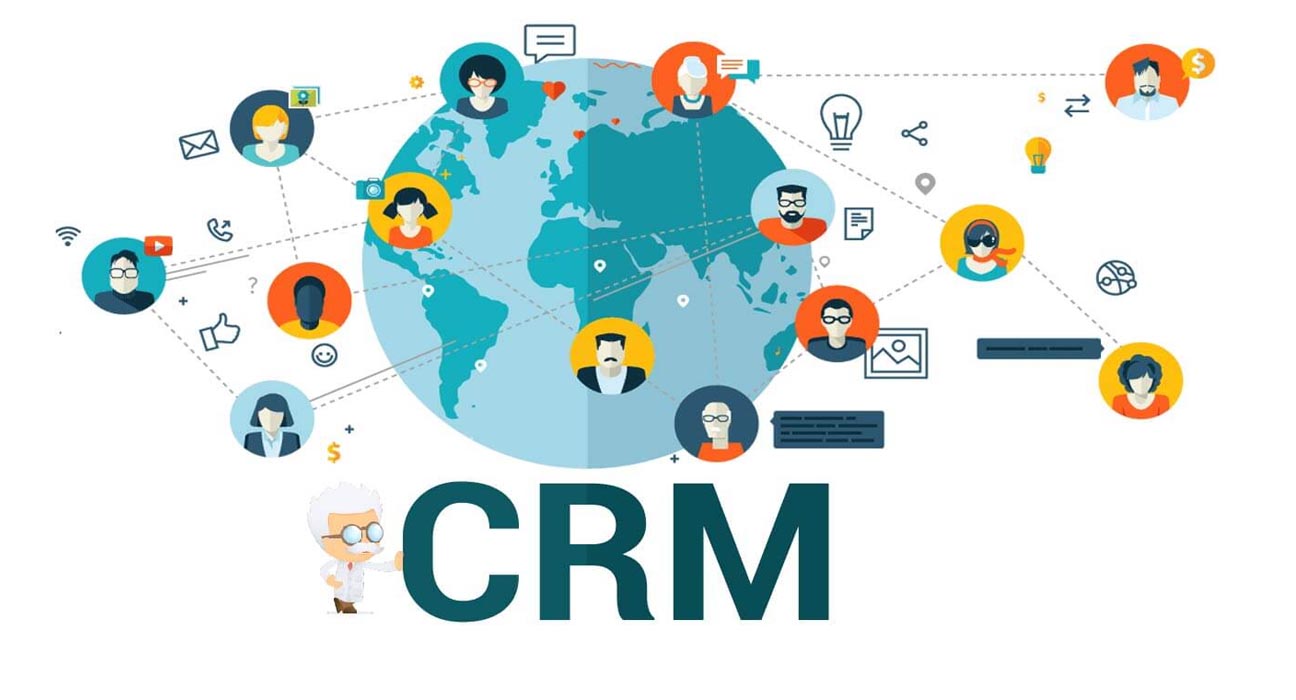Customer relationship management (CRM) is perhaps the most important concept of modern marketing. In the broadest sense, customer relationship management is the overall process of building and maintaining profitable customer relationships by delivering superior customer value and satisfaction. It deals with all aspects of acquiring, engaging, and growing customers.
What is Customer Relationship Management (CRM)?
Customer relationship management (CRM) is the combination of practices, strategies, and technologies that companies use to manage and analyze customer interactions and data throughout the customer lifecycle. The goal is to improve customer service relationships and assist in customer retention and drive sales growth.
Flash Features:
- Customer relationship management includes the principles, practices, and guidelines an organization follows when interacting with its customers.
- CRM is often used to refer to technology companies and systems that help manage external interactions with customers.
- Major areas of growth in CRM technology include software, cloud computing, and artificial intelligence.
How CRM benefits businesses?
The use of CRM systems can benefit organizations ranging from small businesses to large corporations, through:
- Having customer information such as past purchases and interaction history easily accessible can help customer support representatives provide better and faster customer service.
- Collection of and access to customer data can help businesses identify trends and insights about their customers through reporting and visualization features.
- Automation of menial, but necessary, sales funnel and customer support tasks.
Types of CRM
Today, many comprehensive CRM platforms integrate all parts of the customer relationship the business may have. However, some CRMs are still designed to target a specific aspect of it:
Sales CRM: to drive sales and increase the pipeline of new customers and prospects. Emphasis is placed on the sales cycle from tracking leads to closing deals.
Marketing CRM: to build, automate, and track marketing campaigns (especially online or via email), including identifying targeted customer segments. These CRMs provide real-time statistics and can use A/B testing to optimize strategies.
Service CRM: integrated dedicated customer service support with sales and marketing. Often features multiple contact points including responsive online chat, mobile, email, and social media.
Collaborative CRM: encourages the sharing of customer data across business segments and among teams to improve efficiency and communication and work seamlessly together.
Small Business CRM: optimized for smaller businesses with fewer customers to give those customers the best possible experience. These systems are often much simpler, more intuitive, and less expensive to implement than enterprise CRM.
Example of Customer Relationship Management
CRM can come in many forms, from tracking customers’ purchasing behavior to fielding complaints and returns. One example of CRM might be sending out a tailored thank you note to customers after making a key purchase, both to improve their experience with the company but also in an attempt for a cross-sale or to upsell them in the future.
….…..........…..…..….…..….………...…………..END…………….…......…..…..….…..….………...





